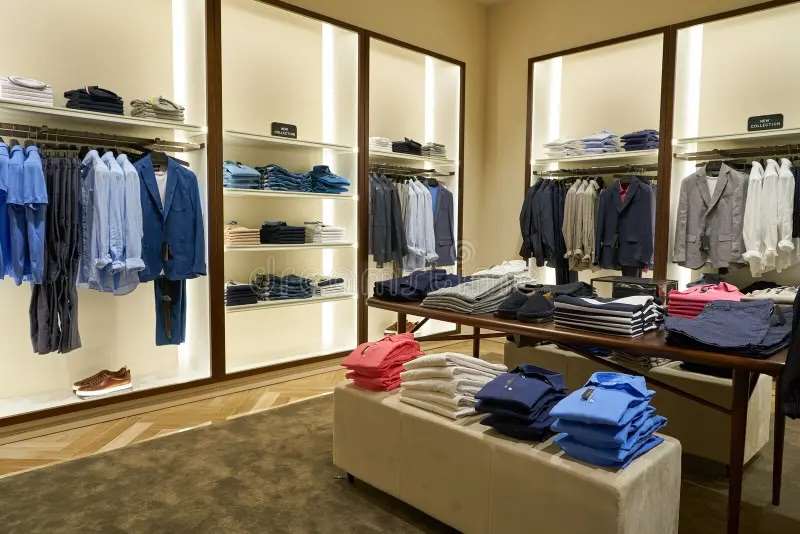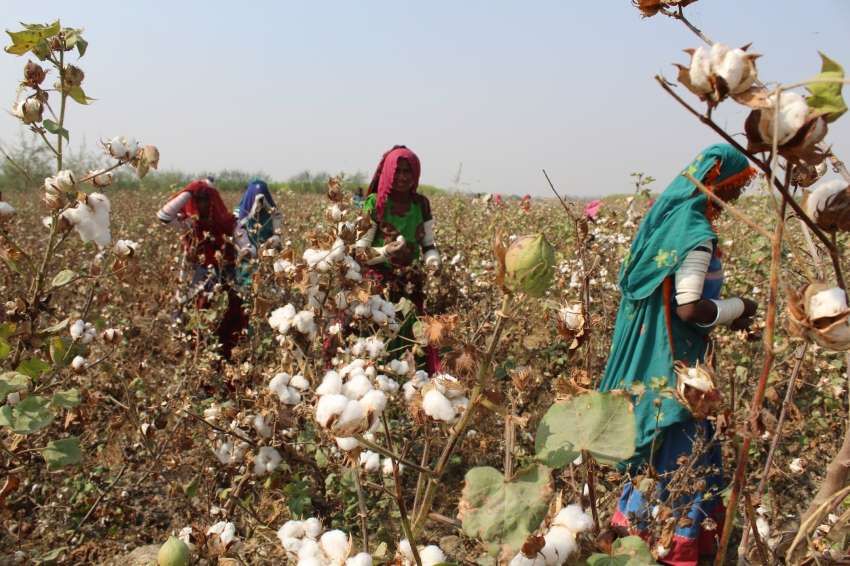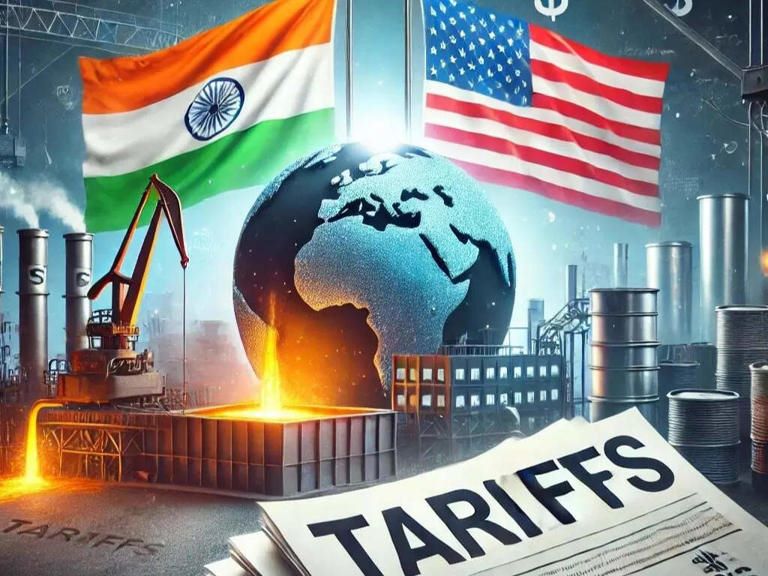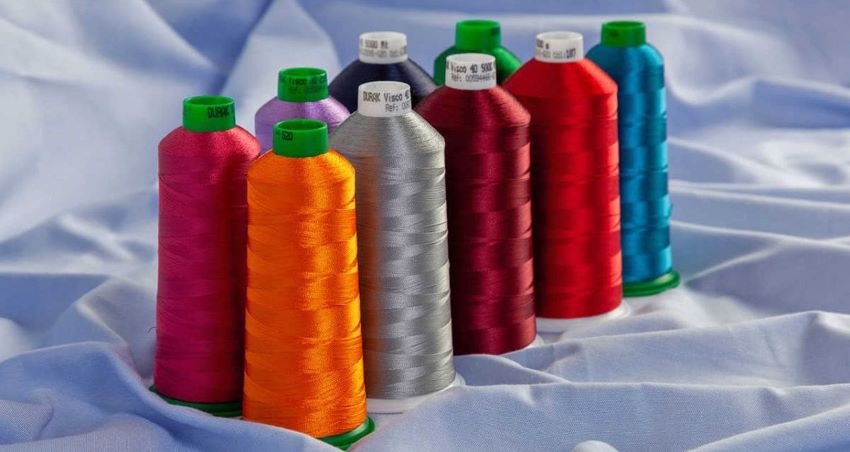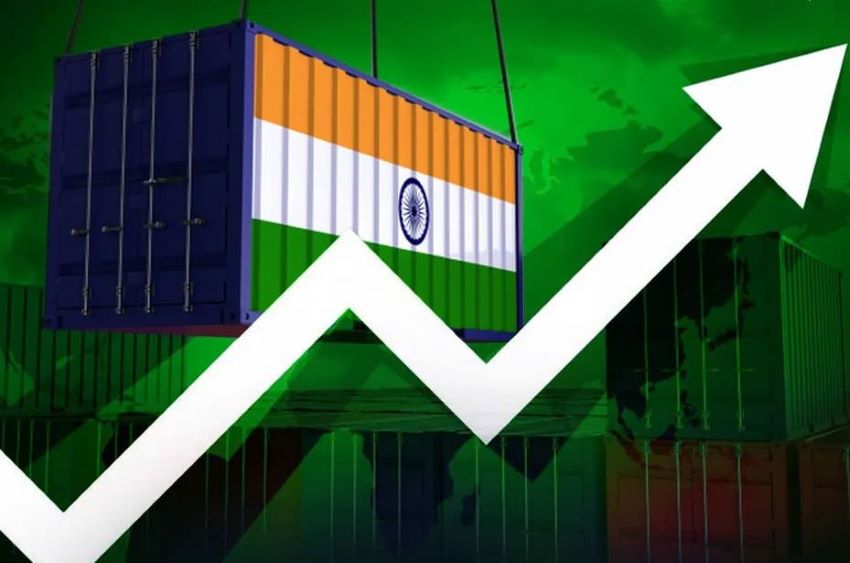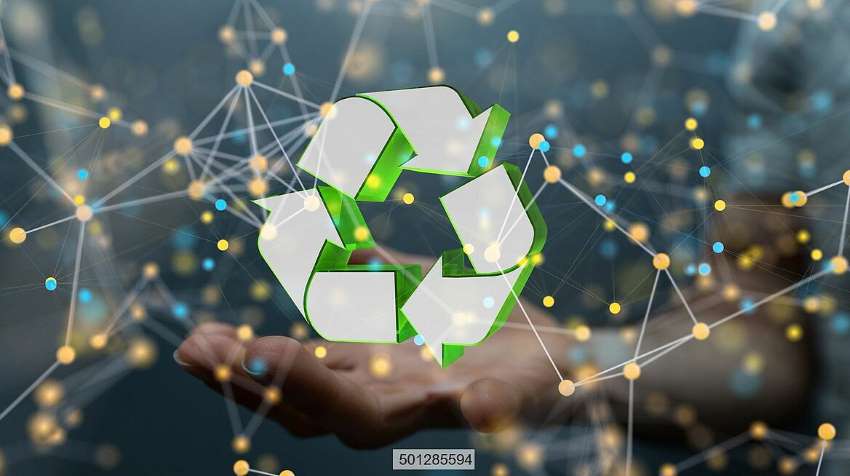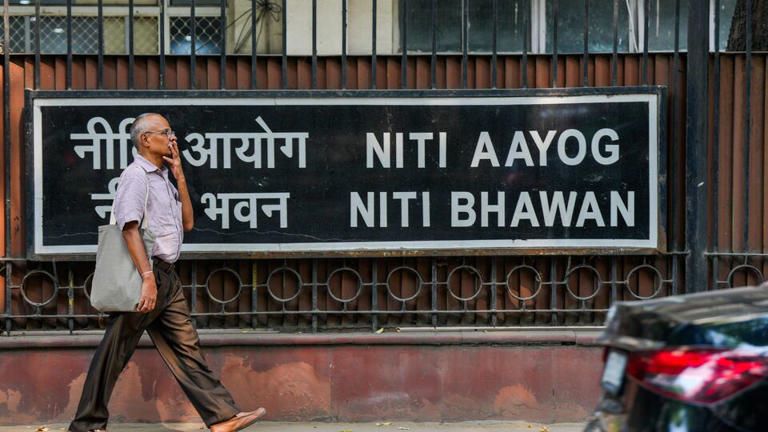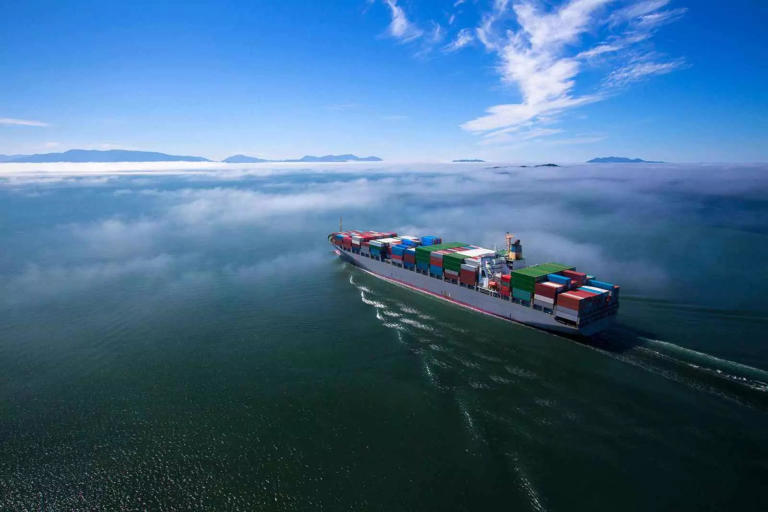FW
Insqin, a new polyurethene coating technology from Bayer MaterialScience, will be advertised in an unusual way. The campaign is aimed at textile manufacturers and clothing brands. It will set Insqin apart from the competition by emphasising its visual appeal rather than concentrating on its environmental-friendly properties.
Insqin is a turnkey solution for a new generation of polyurethane coated fabrics. It is a waterborne coating (as opposed to solvent-based technology). Waterborne fabric coatings are more environmentally sound than solvent-based ones. While competitors have tended to focus on sustainability in their communications, the campaign for Insqin centers on the concept of inspiration. Insqin will be positioned as an inspiration to technology.
The coating results in more brilliant colors when water splashes the fabric. So the campaign features bold images of models being splashed with water. The campaign is handled by Doremus and FleishmanHillard.
Bayer MaterialScience is among the world’s largest manufacturers of high-tech polymer materials. It’s a global market leader in polyurethanes. The company develops and produces the components for rigid and flexible foams as well as for solid materials. Diverse applications range from mattresses and ski boots to insulating materials for refrigeration appliances and buildings. The company also develops and produces polycarbonates.
https://www.materialscience.bayer.com/
The US has proposed to determine whether Indian carpets are produced by forced or indentured child labour, while it added cotton and sugarcane to the already existing child labour produced list from India. The US Department of Labor has announced its initial determination with regard to Indian carpets as it released the sixth edition of the 'List of Goods Produced by Child Labor or Forced Labor' as mandated by the US Congress.
Stakeholders have been asked to submit their comments on the proposed determination by January 30, 2015. The US also added cotton and sugarcane to the already existing child labour produced list from India, which now has crossed the two dozen mark. According to the report released by US Department of Labor more than two dozen Indian items are produced by employing child labour. These include bidis, brassware, bricks, carpets, cotton, embellished textiles, fireworks, footwear, garments, gems, glass bangles, hybrid cotton seed, incense, leather goods and accessories, locks, matches, rice, silk fabric, silk, thread, soccer balls, stones, sugarcane and thread/yarn.
Nearly 11 goods made with child labour have been added to the sixth edition of the said list. These are garments from Bangladesh, cotton and sugarcane from India, vanilla from Madagascar, fish from Kenya and Yemen, alcoholic beverages, meat, textiles, and timber from Cambodia, and palm oil from Malaysia. Electronics from Malaysia has been added to the list for being produced with forced labor.
www.dol.gov
Welspun India plans to invest Rs 2,500 crores to expand manufacturing capacities over the next year. The home-grown textile major has set up the country’s largest spinning facility at Anjar with an investment of around Rs 800 crores. The new facility will be instrumental in doubling Welspun's spinning capacity to over 3,00,000 spindles, thereby fulfilling nearly 70 per cent of the fine and super fine yarn requirements of the company. Welspun will invest in modernisation and expansion of its towel manufacturing capacity at its Vapi unit in Gujarat.
The Rs 2,500 crore expansion will be funded through internal accruals and debt. While Rs 700 crores would be contributed from the company's side, the remaining will be raised through borrowings. Currently, export contributes almost 97 per cent of Welspun’s total textile revenue of over Rs 6,000 crores. Its export markets are US, Europe, Japan and Australia.
The Welspun Group has registered a CAGR of 30 per cent over the last decade. It is a fully integrated player within the pipes, plates and coils and the home textiles sector. It also has a presence in other verticals such as steel, infrastructure and energy. In the home textiles sector, Welspun is the largest integrated towel manufacturer in Asia.
www.welspunindia.com/
Almost 30 per cent of the cotton used by Marks & Spencer is grown to Better Cotton Initiative (BCI) standards. These products include underwear, school uniform, dresses and bedding. The Better Cotton program covers environmental, social and economic criteria, and is said to earn for the farmer by reducing input costs and helping them manage crops better.
In addition, 7,000 workers from M&S suppliers and their local communities in Kenya and South Africa have taken part in the ‘Emerging Leaders’ training program which takes place in factories, farms, and in local communities, with the support of M&S suppliers. The training aims to give participants the skills to take charge of their own situation, encouraging them to start entrepreneurial projects in the workplace, at home or in their own communities.
There is also a scheme by which customers can donate used or unwanted items of clothing when they shop at an M&S store. The clothes are then collected and distributed to a local charity for recycling, re-use, or re-sale. The clothes exchange program has been launched in 20 M&S stores in the Czech Republic and 17 stores in Hong Kong.
Meanwhile Marks & Spencer is examining the potential for sourcing from Myanmar. Gap and H&M are so far the only two apparel retailers to have gone on record as saying they are sourcing from Myanmar. However concerns have been raised in some quarters about human rights abuses as well as social and environmental issues in the country’s garment manufacturing sector. Child labor is also a major concern in Myanmar.
www.marksandspencer.com/
Insqin, a new polyurethene coating technology from Bayer MaterialScience, will be advertised in an unusual way. The campaign is aimed at textile manufacturers and clothing brands. It will set Insqin apart from the competition by emphasising its visual appeal rather than concentrating on its environmental-friendly properties.
Insqin is a turnkey solution for a new generation of polyurethane coated fabrics. It is a waterborne coating (as opposed to solvent-based technology). Waterborne fabric coatings are more environmentally sound than solvent-based ones. While competitors have tended to focus on sustainability in their communications, the campaign for Insqin centers on the concept of inspiration. Insqin will be positioned as an inspiration to technology.
The coating results in more brilliant colors when water splashes the fabric. So the campaign features bold images of models being splashed with water. The campaign is handled by Doremus and FleishmanHillard.
Bayer MaterialScience is among the world’s largest manufacturers of high-tech polymer materials. It’s a global market leader in polyurethanes. The company develops and produces the components for rigid and flexible foams as well as for solid materials. Diverse applications range from mattresses and ski boots to insulating materials for refrigeration appliances and buildings. The company also develops and produces polycarbonates.
China's exports of sewing machinery were up 9.26 per cent for the first eight months of 2014. Export of various sewing machines registered year-on-year growth, in which the export of industrial purpose automatic sewing machines, common household sewing machines and single-head embroidery machines registered high growth rates.
In the first eight months of this year, China’s export of spare parts for sewing machines was up 9.91 per cent and 18.02 per cent year-on-year. From January to August, China’s export of clothing machinery dropped moderately by 1.20 per cent in quantity terms but rose 16.22 per cent in value terms in which the export of ironing machine and pressing machine dropped significantly in terms of both quantity and value, while the export of stretching machine and cutting machine grew substantially.
In the fourth quarter of 2014, China’s export of sewing machinery will continue to face both opportunities and challenges. From the macro environment point of view, the situation of global trade will keep improving, and the steady growth of the domestic macro economy and the effect of policies will offer strong support to exports of the sewing machinery industry. However, there remain uncertainties in the recovery of global economy and the development of emerging economies will encounter more risks. Therefore, it is predicted that exports will remain steady in the fourth quarter but may be flat or drop slightly compared to the second and third quarters.
The eighth edition of Apparelsourcing Paris will commence from February 17 to 20, 2015. India, which is increasing its representation with more than 30 companies, experienced positive response at previous event held in September event. They were able to book orders and establish new contacts as buyers showed interest in more summer items in February. Indian manufacturers excel at the mid-range entry level with an offer which is becoming more and more varied, particularly in mixed casual wear, bottom pieces for men, women and children, sportswear and accessories such as scarves and bags in leather and re-embroidered fabrics, in which they are real craftsmen, targeting the top of the range.
The organisers expect year-on-year increase of 20 per cent in the number of exhibitors and 135 manufacturers are anticipated to display their products from the major manufacturing countries, including Bangladesh, China, Hong Kong, India, Pakistan, Vietnam, Turkey and the Mediterranean rim, represented by Tunisia.
At the fair, Apparelsourcing Paris will roll out a high-quality, multi-range offer, highlighting solutions for supporting the production of branded and designer collections. Launched in September 2012, Fashion on Display is another showcase made up of mannequins dressed in exhibitors’ pieces, selected from all the product ranges by the fair’s artistic directors. The selected exhibitors benefit from exposure to visitors who have made Fashion on Display part of their program, as pieces are displayed with all the relevant information.
www.apparelsourcing.messefrankfurt.com
Oeko-Tex has created a new certification for textiles that give priority to human ecology and that are additionally produced in a sustainable and socially responsible manner. The certificate is called Made in Green by Oeko-Tex. The Oeko-Tex association is based in Switzerland.
The Made in Green by Oeko-Tex label offers textile companies a tool for communicating to consumers about their commitment to sustainability directly on the product. Brand suppliers, manufacturers and retailers can have their production plants assessed, analysed and audited by Oeko-Tex institutes.
Using the given test number and a QR code, the textile and manufacturing process can be uniquely tracked. With the established Oeko-Tex Standard 100 and the latest range of Oeko-Tex services, the textile and garment industry now has at its disposal a complete up-to-date package which can specifically support companies on their path to improved product safety and sustainability.
The Oeko-Tex Standard 100 is a globally uniform testing and certification system for textile raw materials, intermediate and end products at all stages of production. The certification covers multiple human-ecological attributes, including harmful substances which are prohibited or regulated by law, chemicals which are known to be harmful to health, but are not officially forbidden, and parameters which are included as a precautionary measure to safeguard health.
A tested textile product is allocated to one of the four Oeko-Tex product classes based on its intended use. The more intensively a product comes into contact with the skin, the stricter the human ecological requirements it must fulfill.
https://www.oeko-tex.com/
Invista has received an award for its outstanding achievement and constant pursuit of innovation and industry transformation. The Innovation Upgrade Award recognizes those companies that make outstanding contribution to corporate responsibility, environmental protection, sustainable development, and safe and reliable operations.
Invista is one of the world’s largest integrated producers of chemical intermediates, polymers and fibers. The company’s technologies for nylon, spandex and polyester are used to produce clothing, carpet, car parts and other products.
In March, the company broke new ground at its hexamethylene diamine (HMD) and nylon 6,6 polymer plants in China. Invista owns or licenses more than 1,000 patent families and has 75 years of expertise in nylon technologies in mainland China. In the past year, the company has also launched a carpet technology research and testing laboratory as well as an applied technology laboratory to support the automobile, performance apparel and home textile industries.
Invista has a plan to develop the Chinese nylon and polyurethane markets. The China Textile Research Center was established in 2012. The 2,15,000 ton HMD plant and the 1,50,000 ton polymer plant are expected to start in 2015 and 2016. Invista has manufacturing facilities in Qingpu and Foshan, and regional offices in Shanghai, Beijing and Guangzhou.
www.invista.com/en/index.html
Sympatex Technologies has won the Future Materials Award 2014. The winning product Sympatex Phaseable is especially suitable for high levels of physical effort during sports and outdoor activities. The laminate offers an intelligent climate regulation by using a dynamic thermal insulation.
The three-dimensional half-layer on the inside of the laminate only touches the skin punctually in the form of foam points. During the recovery phase of the athlete, an insulating air layer is created between the skin and the laminate. When physical activity is increased, moisture is produced, which lets the compact hydrophilic Sympatex membrane swell up. Thus, the foam points disappear, the distance to the skin is reduced, and the laminate gets closer to the skin. This offers a better moisture transport and breathability. In addition, the breathability increases during higher levels of physical activity due to the dynamic climate regulation.
There are also environmental benefits. As an ecological alternative among functional textile specialists, Sympatex doesn't use any solvents for its technology. The carbon footprint is also kept as low as possible.
Sympatex develops membranes, laminates and functional textiles as well as finished products. It is a pioneer for high-tech functional materials in clothing, footwear, accessories and technical fields of application.
www.sympatex.com/

